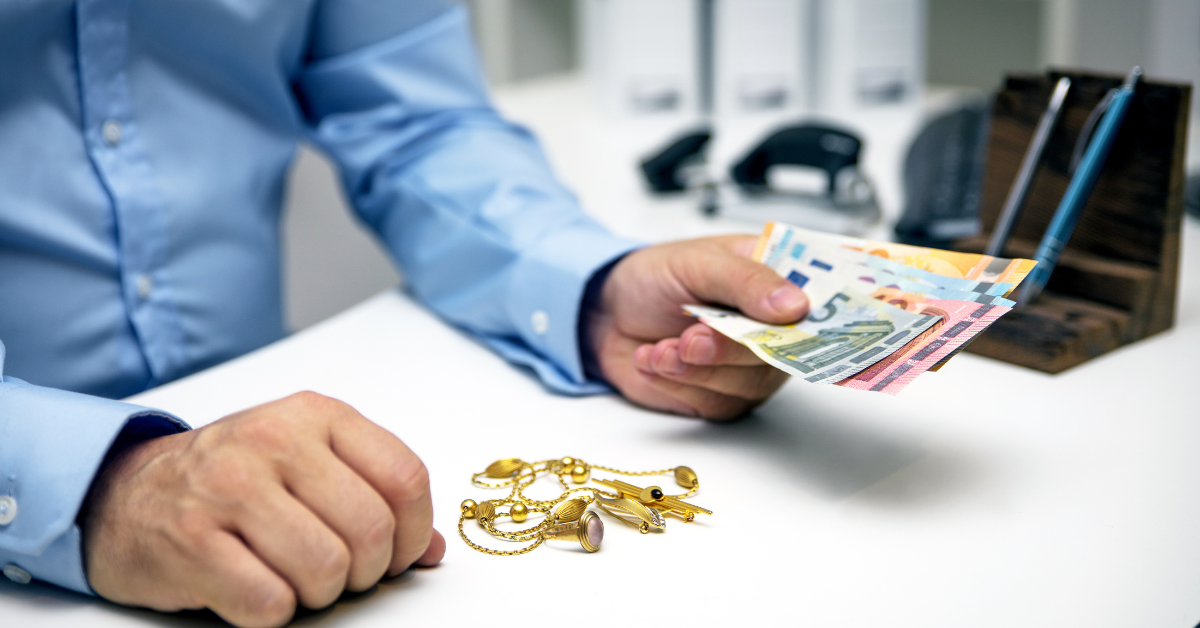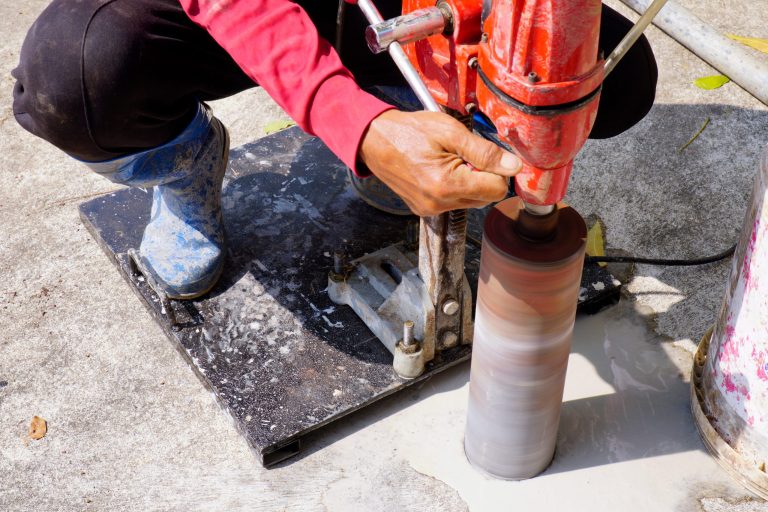How to Negotiate Prices at a Pawn Shop?
Negotiating prices at a pawn shop can be an intimidating experience, especially if you’re new to the process. Whether you’re selling items for quick cash or looking to buy something at a bargain price, understanding the art of negotiation can make a significant difference. This blog post aims to provide you with comprehensive tips on how to negotiate effectively at a pawn shop, ensuring you get the best deal possible.
We’ll also address some frequently asked questions to help you feel more confident and prepared when you walk through the door.
1. Do Your Homework
Before stepping into a pawn shop, it’s crucial to research the value of the item you plan to buy or sell. Look up prices online to get an idea of what similar items are worth. This knowledge will give you a solid foundation for your negotiations and prevent you from accepting a lowball offer. Websites like eBay, Craigslist, and specialized forums can provide valuable insights into current market values.
2. Inspect the Item Carefully
If you’re buying an item, take the time to inspect it thoroughly. Check for any signs of wear and tear, damage, or missing parts. This information can be used as leverage during negotiations. If you’re selling, make sure your item is clean and in good working condition to maximize its value. Pointing out any flaws can help justify a lower offer, while highlighting the item’s positive attributes can support your asking price.
3. Start with a Reasonable Offer

When negotiating, it’s essential to start with a reasonable offer. If you’re buying, offer a price slightly lower than what you’re willing to pay. This gives you room to negotiate without appearing unreasonable. If you’re selling, start with a price slightly higher than what you expect to receive. This strategy allows for some back-and-forth without settling for less than the item’s worth. For those looking to find great deals, the Auburn Pawn Shop offers a wide range of items at competitive prices.
4. Be Polite and Respectful
Negotiation is as much about people skills as it is about numbers. Being polite and respectful can go a long way in building rapport with the pawn shop staff. Avoid being confrontational or aggressive, as this can sour the negotiation process. Instead, approach the discussion with a friendly and cooperative attitude. A good relationship with the staff can lead to better deals and a more pleasant experience overall.
Also Read: Bluefire Wilderness Lawsuit
5. Know When to Walk Away
One of the most important aspects of negotiation is knowing when to walk away. If the pawn shop isn’t willing to meet your price, don’t be afraid to leave. There are plenty of other pawn shops and marketplaces where you can find similar items. Walking away can also show the shop that you’re serious about your price, which might lead them to reconsider their offer. Always be prepared to explore other options if the deal isn’t right.
FAQs
Can I negotiate prices at all pawn shops?
Yes, you can negotiate prices at most pawn shops. Negotiation is a common practice in the pawn industry, and many shop owners expect it. However, the extent to which you can negotiate may vary depending on the shop and the item’s value.
How much can I expect to negotiate off the initial price?
The amount you can negotiate off the initial price depends on various factors, including the item’s condition, demand, and the pawn shop’s policies. On average, you might be able to negotiate 10-20% off the initial asking price. However, this can vary widely, so it’s essential to be prepared and flexible.
Should I bring documentation for the item I’m selling?
Bringing documentation, such as receipts, certificates of authenticity, or appraisals, can significantly help your negotiation. These documents provide proof of the item’s value and can strengthen your position when discussing prices. Documentation can also speed up the transaction process.
Is it better to pawn or sell my item?
The decision to pawn or sell your item depends on your immediate needs and long-term plans. Pawning allows you to get a loan using your item as collateral, with the option to retrieve it later. Selling, on the other hand, provides you with cash upfront but means you relinquish ownership permanently. Consider your financial situation and goals before making a decision.
Conclusion
Negotiating prices at a pawn shop doesn’t have to be a daunting task. By doing your research, inspecting items carefully, starting with reasonable offers, being polite, and knowing when to walk away, you can navigate the negotiation process with confidence and skill. Remember, the key to successful negotiation is preparation and a positive attitude. Whether you’re buying or selling, following these tips will help you secure the best possible deal at a pawn shop.







